What is your educational background like?
I had my secondary school education at Government College and Wesley School of Science, Elekuro, Ibadan, Oyo State. I wanted to become a medical doctor, but due to the situation of things, plans changed, and I proceeded to the Federal University of Technology in Akure to study Statistics.
How did you discover your comedic side?
Since childhood, I have been a jovial person. I always like to see the comic side of every situation, including unpleasant events. During discussions with friends, I would say funny things, and they would laugh. That is why I avoid attending funerals so that I don’t crack jokes there and make people think I had a hand in the death of the deceased. My comedic side is innate.
When did you venture into skit-making?
I ventured into skit-making in 2016 but started doing it professionally in April 2018.
What were the initial challenges you had to deal with?
The first challenge I faced was acceptance. The competition was getting hot when I joined, and I wanted to do something that would make me stand out. I wanted to be known for something and not just to follow the regular way of doing comedy. So, I had to work extra hard and be unusual in my performance. Another issue was gaining access to platforms. People won’t want to bring you aboard their platforms if you aren’t well known, except with some credible recommendations. So I had to beg to get on some platforms.
Which of your skits would you say went most viral on social media?
It’s hard for me to choose because I have done quite a number of skits that went viral since 2020. But there was a particular skit on protests that I did with Brother Biodun that trended because it came at the time of the 2020 #EndSARS protests.
Would you say that being famous is an asset?
I would say being famous is an asset because it gives you some sort of credibility. People will want to do business with a known person or platform because they have confidence in you. Being famous opens doors. It gives you access to people and some benefits.
How do you handle your female fans?
Female and male fans see what I do and like me for that, not for who I am, and we keep it that way. Some female fans tend to show that they want more outside of business or being professional, but I have a way of balancing my profession with my personal life. My fans are an essential part of the business I do, so we can’t shut them out.
What projects are you currently working on?
Presently, I am working on two projects. The first is my comedy special tagged ‘Call and Response’ in Ibadan. The second is my European tour to five different countries – England, France, Germany, Belgium, and the Netherlands. I am still open to more projects because the industry is constantly evolving, and we have to keep moving.

 2 months ago
64
2 months ago
64
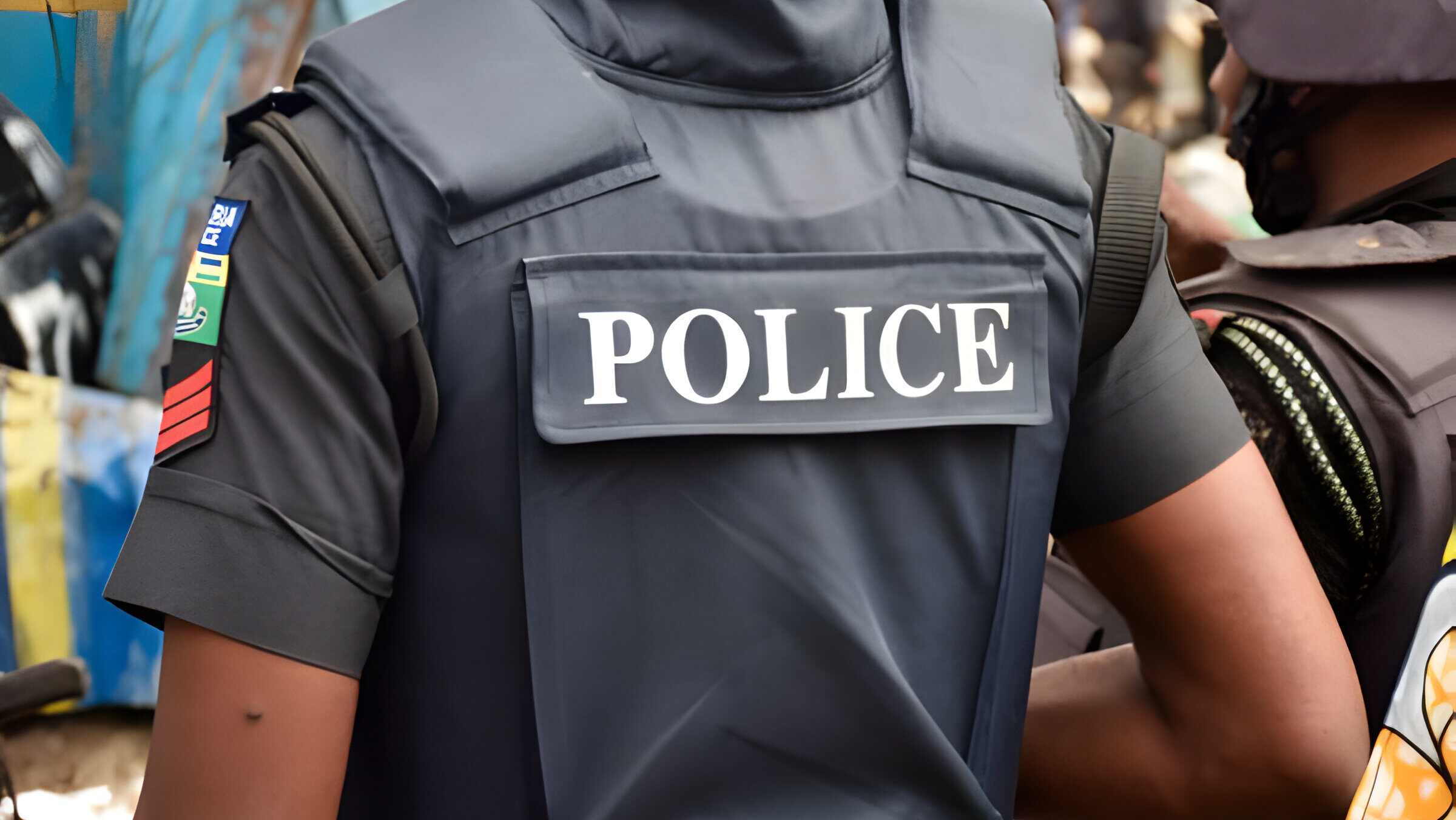


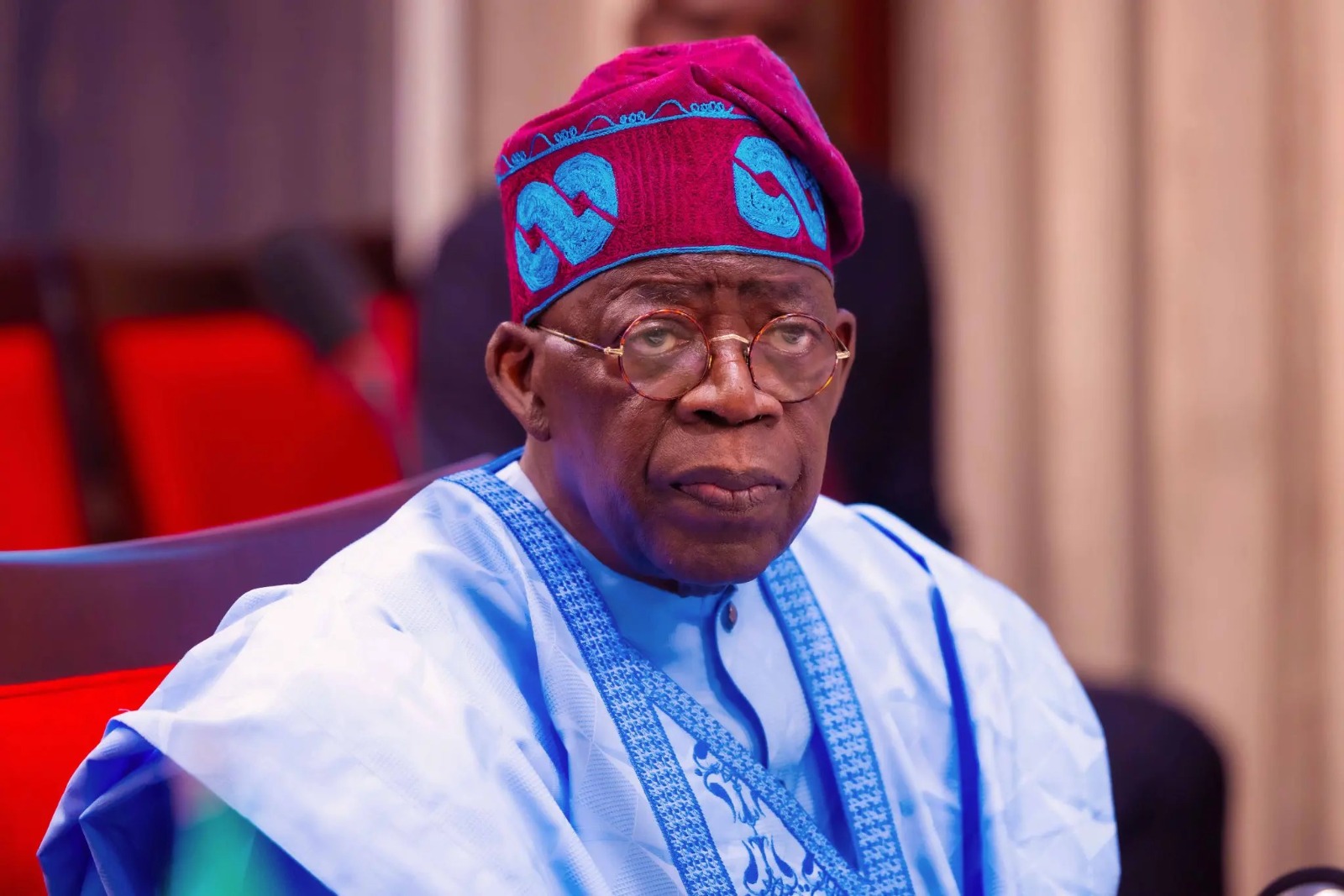

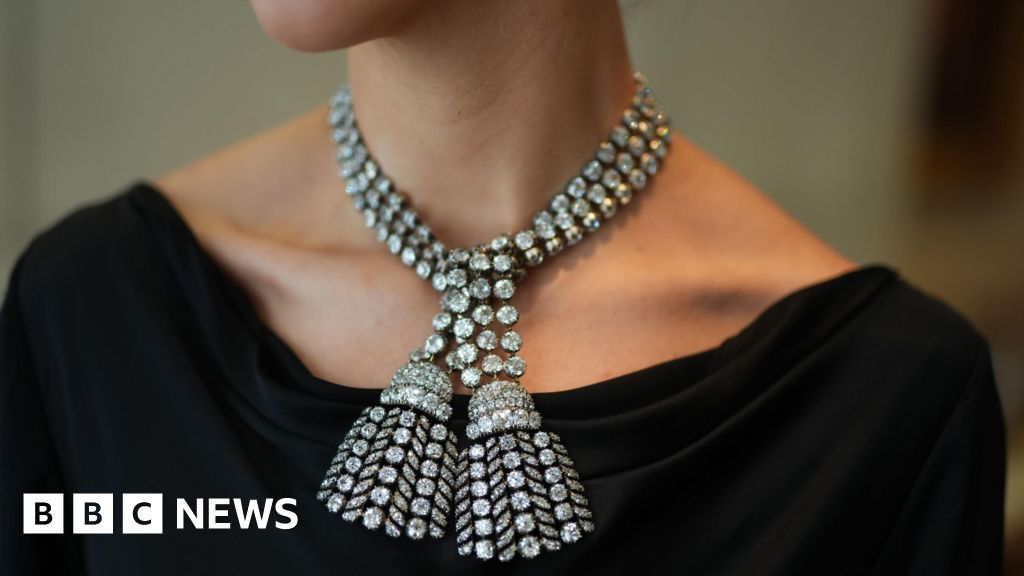

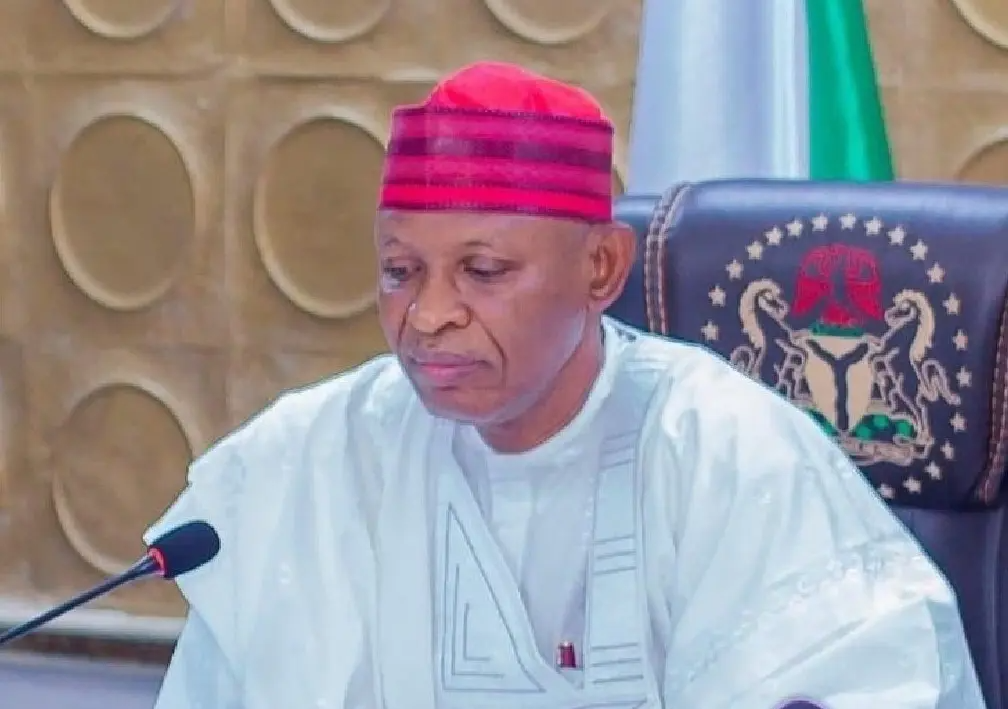


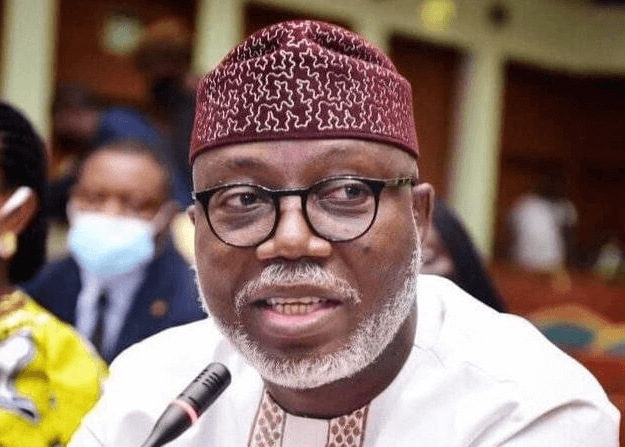


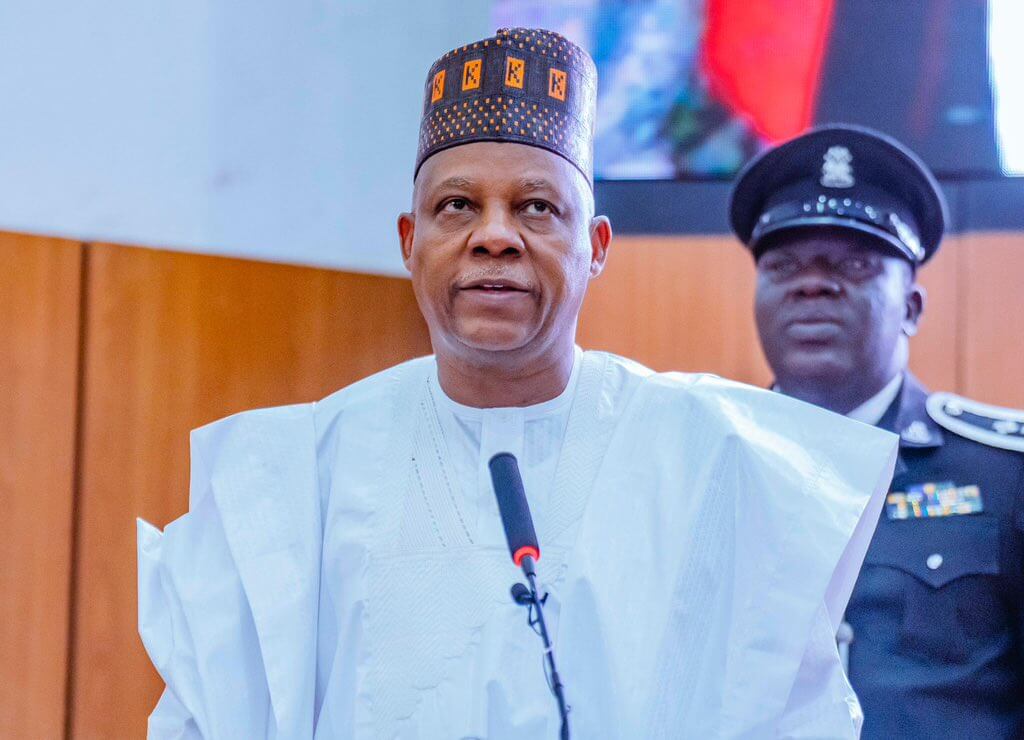
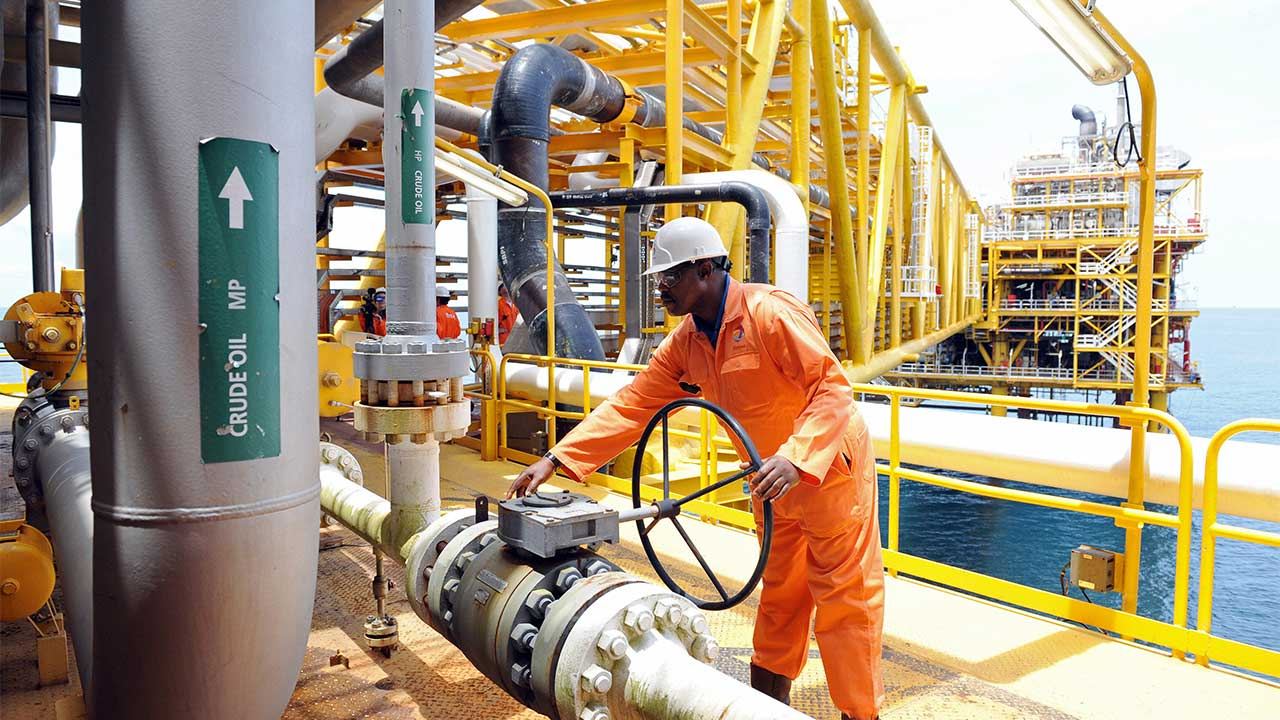
 English (US) ·
English (US) ·